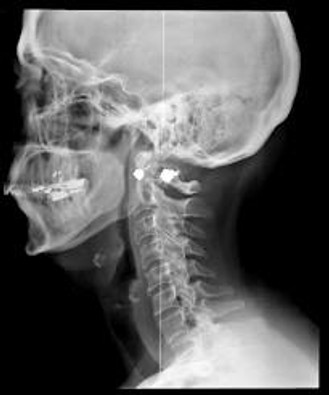Posted by - Beyond Health on Feb 17th 2026
Conquer Seasonal Allergies 2026 with Natural Relief
Allergy Season Is Getting Longer And Harder to Ignore Why Pollen Counts Are Breaking Records (And How to Protect Your Immune System Naturally) Runny nose.Itchy eyes.Sneezing that won’t stop.Brain fog.Fatigue. For tens of millions of Americans, seasonal allergies are no longer a minor inconvenience they’re a seasonal shutdown. And this year? Pollen counts are breaking records. Experts are reporting longer growing seasons, milder winters, and higher airborne pollen levels, leading to earlier and more intense allergy seasons across the country. In some areas, pollen counts have soared to “extremely high” levels exceeding 14,000 grains per cubic meter. This isn’t just uncomfortable. It’s an immune system under siege. The Worst Cities for Allergies This Year According to national allergy rankings, some of the most challenging cities for allergy sufferers include: • Wichita, Kansas• New Orleans• Oklahoma City• Tulsa, Oklahoma• Memp…
read more Fuel your life with the purest vitamins
Fuel your life with the purest vitamins








